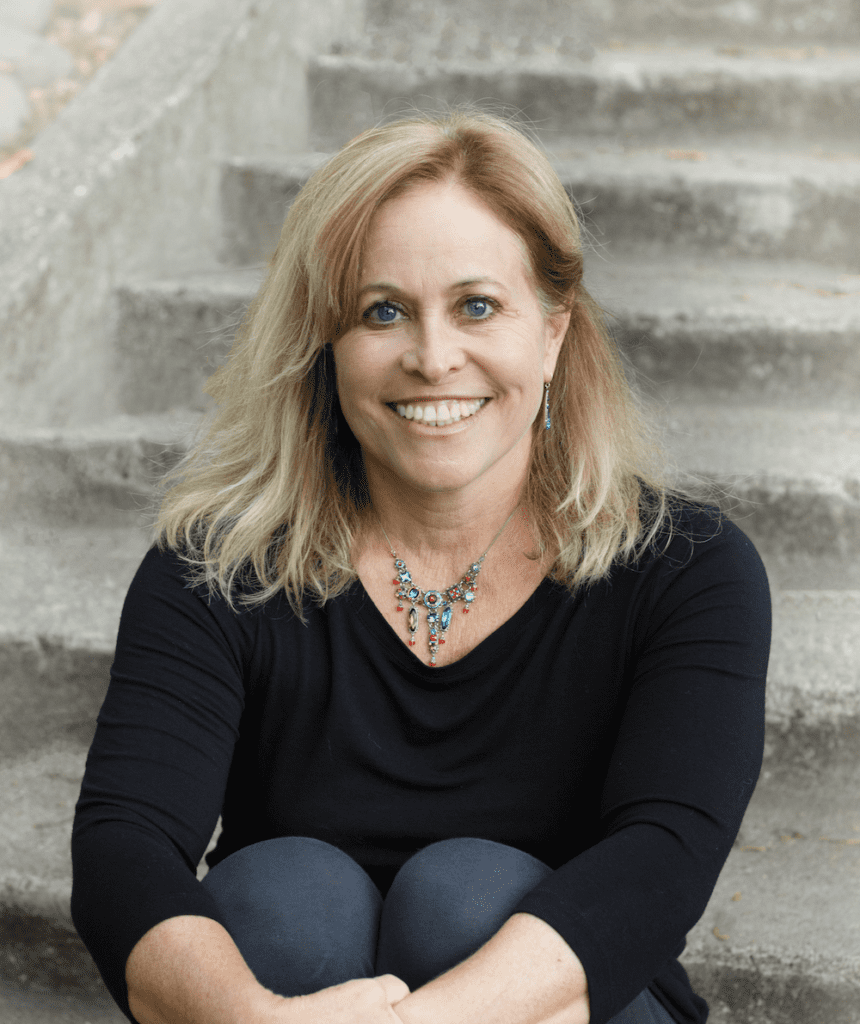Loss as a Coastline on Fire
*
Because one grief ignites many,
the night Mary dies, I dream Gregory
alive, then set his yard on fire
by accident
or not, since all death
must be blessed with rage.
*
Along the cliffs that rim this island,
there are fields of wild poppies,
and inside each flower,
a double-ringed black calyx
ripening
into a cask of white elixir.
*
Once at the Smithsonian,
I saw a vial of pregalactic liquid
extracted from a meteor
that had crashed to earth—milk
in the beginning, milk as it came
first from a collapsed light falling.
*
At Mary’s funeral, her husband and sons
break down during their eulogies.
But afterwards there is a tender elation,
a kind of morphine to be together
drinking wine in the night-church
of the vanishing everything.
*
In her last month, Mary read a book
about the cosmos,
because the vastness helped,
the going-on-ness that continues after breath.
Which is why, out here in the dark,
under the Milky Way, all my dead rise
*
and fall somewhere in a poppy field.
They tremble in a wind off the sea
like a bouquet of bullseyes
with wounds in the dirt, their milky keep
a balm for the burning, their red
an origin story of flame.
Commentary on Grief with a Spotted Towhee
Before the erasure, the complete death, there is a tearing into,
a burning red breast, black and white striped wings, three feathers
on the floor, then a towel thrown over the spotted towhee,
a frantic scrabble in the cardboard box under the table.
I tell myself to let her go. But stall instead, gathering feathers
like wildflowers. Thinking a bird flown into the house
is a messenger of death, while outside, beauty goes on
past Mary’s dying. Someone please remind me that it is okay
to feel terror and a terrible sadness at the visceral forge
where our friendship passes now into my sole keep. Mary
fastened to oxygen, a catheter draining her lungs,
while I scoop up the bird and touch her to my cheek,
her shudder like a bet laid down against the eternal hush.
Poor thing, I think. Cruel of me to keep her. Around me
the ridge in sunlight, its hulk and huddled greenery
a salted gold. I try it out, saying goodbye forever to this earth.
As in death, inevitable, impossible, how the hours disappear,
but how many before I carry the towhee out to the deck
and uncage my hands. She flashes silver dark—
midway up the cypress, a few leaves tremble before settling,
and then, the lesser and greater sparrows start again,
calling out the borders of velocity and its escape, in song.
Raptor Center
They walk past the Raptor Center in the year’s first rain.
They walk through black walnut and valley oak
and Jimson weed and the yeasty perfume of wild oats,
the air so dry, it is a Virga rain, evaporating
before touching ground. And now, on this last day
of drought, in the riparian thicket
where coyote and deer and heron hide,
they come again into a breach of wild, as if through a gate
left open. She misreads the sign as Rapture,
as the tearing open of the sublime, like the rain starting up,
like the beginning of the end they keep returning to—
the way tenderness enters a finale any way it can,
how last night he asked her to describe what her near blindness
made of him. Now he points to a cage in the leaves above them,
camouflaged, he says, for a convalescent raptor ready to fly.
Whose memory is not an unhealed mystery?
And who is not suddenly captive to the past, carried off,
as she is now, remembering early in their marriage,
after an argument, how she’d walked here alone,
stared into dim enclosures at a blind barn owl,
a one-winged redtail, before a cry drew her into a corral
posted with warning signs. There a golden eagle
spread its wings over a gloved hand, teetering a moment,
then arrowed into sky, flashing dark and gold and gone.
JULIA B. LEVINE’s poetry has won many awards, including a 2021 Nautilus Award for her fifth poetry collection, Ordinary Psalms (LSU Press, 2021), the 2015 Northern California Book Award in Poetry for her fourth collection, Small Disasters Seen in Sunlight (LSU, 2014), the 2020 Bellevue Literary Review Prize in Poetry and the Pablo Neruda Prize in Poetry from Nimrod. Widely published and anthologized, she is currently a 2022-2023 American Academy of Poetry Poet Laureate Fellow for her work in building resiliency in teenagers related to climate change through poetry, science and technology.
Read more by Julia B. Levine:
Poems at Poets.org
Poem in Rattle
Poem in Narrative Magazine
Author’s Website
